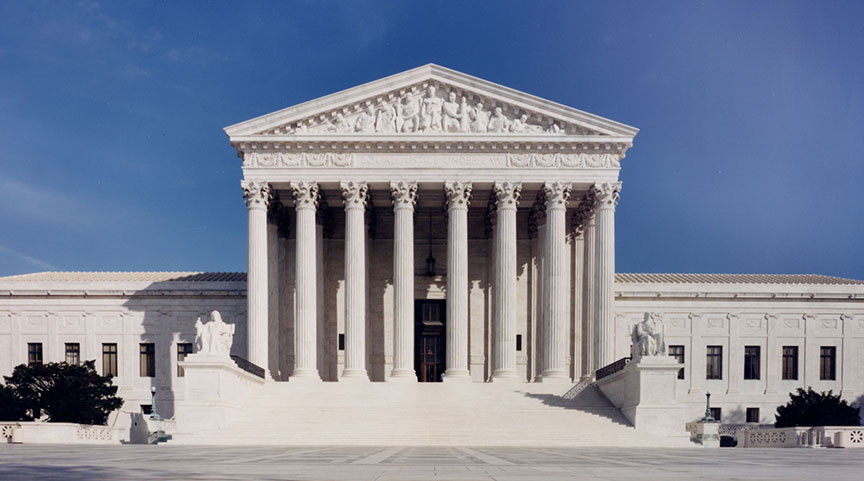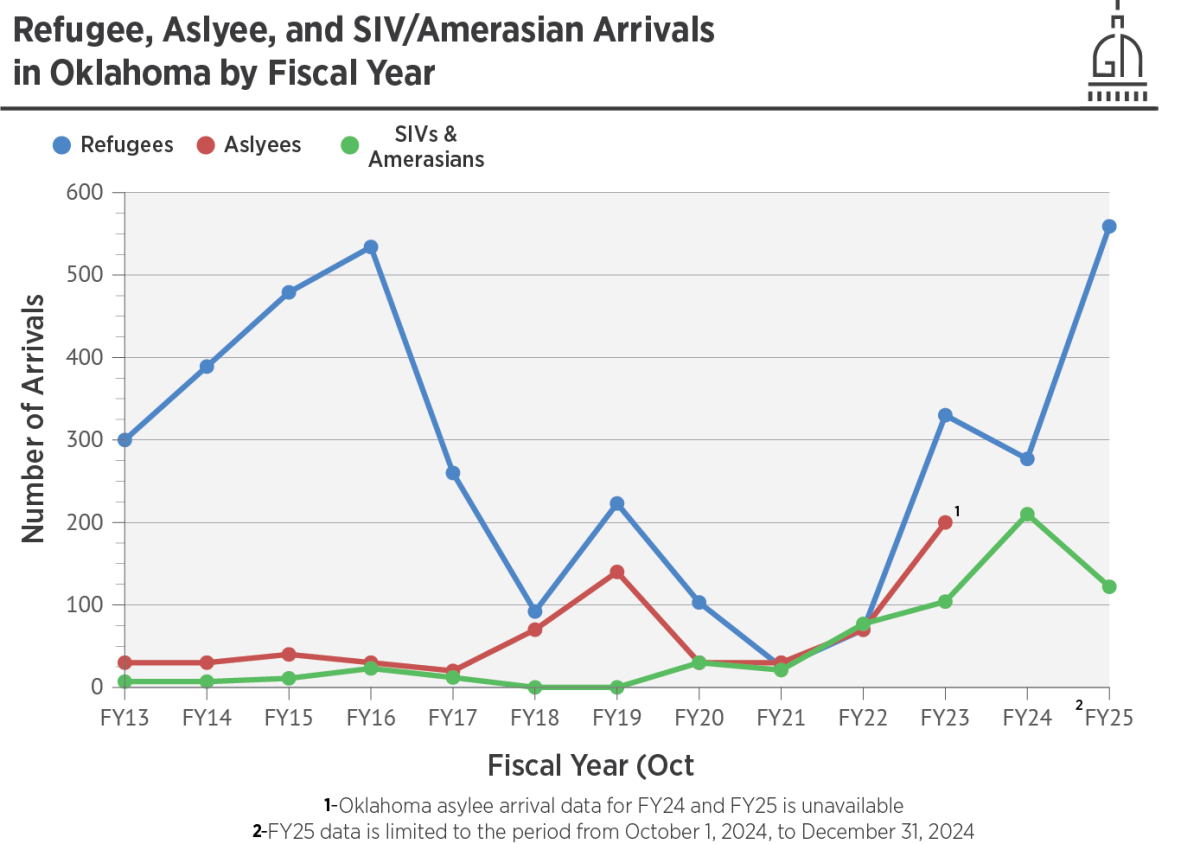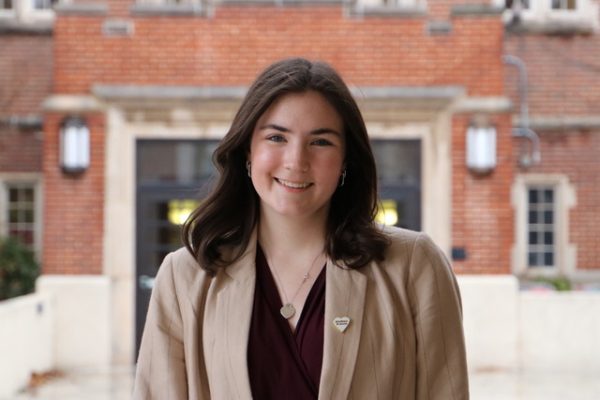The Supreme Court heard oral arguments Wednesday morning in connection with the creation of the nation’s first religious charter school – Oklahoma’s St. Isidore of Seville Catholic Virtual School.
Chief Justice John Roberts seems to be the only member of the court in doubt after the court heard two hours of arguments Wednesday morning.
The conservative block of Associate Justices Brett Kavanaugh, Neil Gorsech, Clarence Thomas, and Samuel Alito seemed firmly aligned with St. Isidore through their questioning, indicating that they would find in favor of allowing the school to go forth. Kavanaugh repeatedly brought up the idea that requiring schools to be nonsectarian would be exceedingly discriminatory of religious interests.
The liberal wing of the court with Jackson, Kagan, and Sotomayor seemed firmly in favor of the ruling by the Oklahoma Supreme Court, with questions indicating that allowing for the school to go forward would securely place religion into the hands of state actors, in violation of the Establishment Clause of the First Amendment.
Even Sen. James Lankford (R, Oklahoma City) joined Tuesday night in suggesting which way the court should rule. “If a state offers a benefit, it should go to everyone equally, whether they are faith-based entity or not. You should not have to check your faith at the door to participate in state-funded programs,” Lankford said.
But because of a quirk caused by Associate Justice Amy Coney Barrett recusing herself from the case, the ruling could end in a tie. While she did not provide a reason it may have been due to her previous work at Notre Dame University Law School.
As a result, if Roberts joins with the liberals the court could end up in a tie when it issues it opinion in June. That would result in the opinion of the Oklahoma Supreme Court being upheld.
However, a key issue to be determined is if charter schools are considered private or public under practice.
Oklahoma state law defines a public school as any free school supported by public taxes, which would include publicly funded charter schools. St. Isidore contends that because the charter school board is made up by private citizens, and each school is self regulated with guidance from the state, that it should be treated with the same respect as a private school.
The holding of the Oklahoma Supreme Court in the earlier case is that St. Isidore, in fact, would be a public school and would be required to fulfil all of the obligations of a public school. This was over the issue of the state law, which St. Isidore says is unconstitutionally restrictive to religious people.
“Casting the cloak of state action too broadly risks intruding on individual liberty,” Michael McGinley, the attorney for St. Isidore, said in his opening statement.
Justice Jackson brought up the state voucher program as a way for families to still have equal choice, seemingly agreeing with the state that this program would be an option for families instead of directly allocating funds to a religious entity.
“What the state of Oklahoma has done is simply maintain the system that this court has upheld for decades,” Gregory Garre, the attorney representing Durmmond, said.
The facts:
- In 2023, Oklahoma Attorney General Getner Drummond filed an injunction against the Oklahoma Statewide Charter School Board after it approved a contract with the St. Isidore School.
- The Contract the board approved removed several state discrimination protections, including a requirement for schools to be “nonsectarian.”
- The Oklahoma Supreme Court held in Drummond’s favor and agreed that the contract was unconstitutional.
Why this matters:
- The ruling could have national implications for charter schools in the 40 other states that define charter schools in the same way as Oklahoma.
- These states follow the federal guidelines in the Federal Charter School statutes.
Gaylord News is a reporting project of the University of Oklahoma Gaylord College of Journalism and Mass Communication. For more stories by Gaylord News go to GaylordNews.net.








